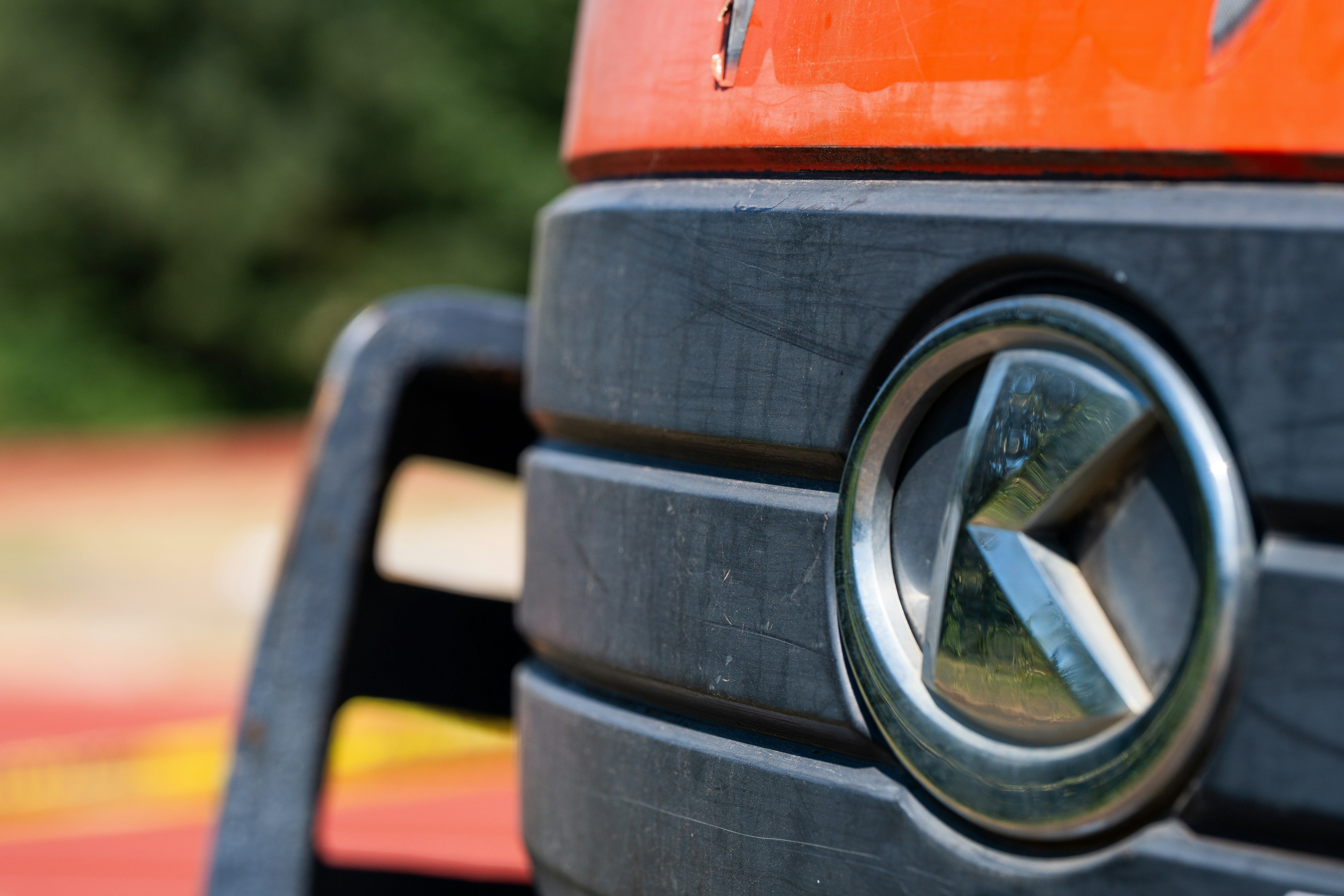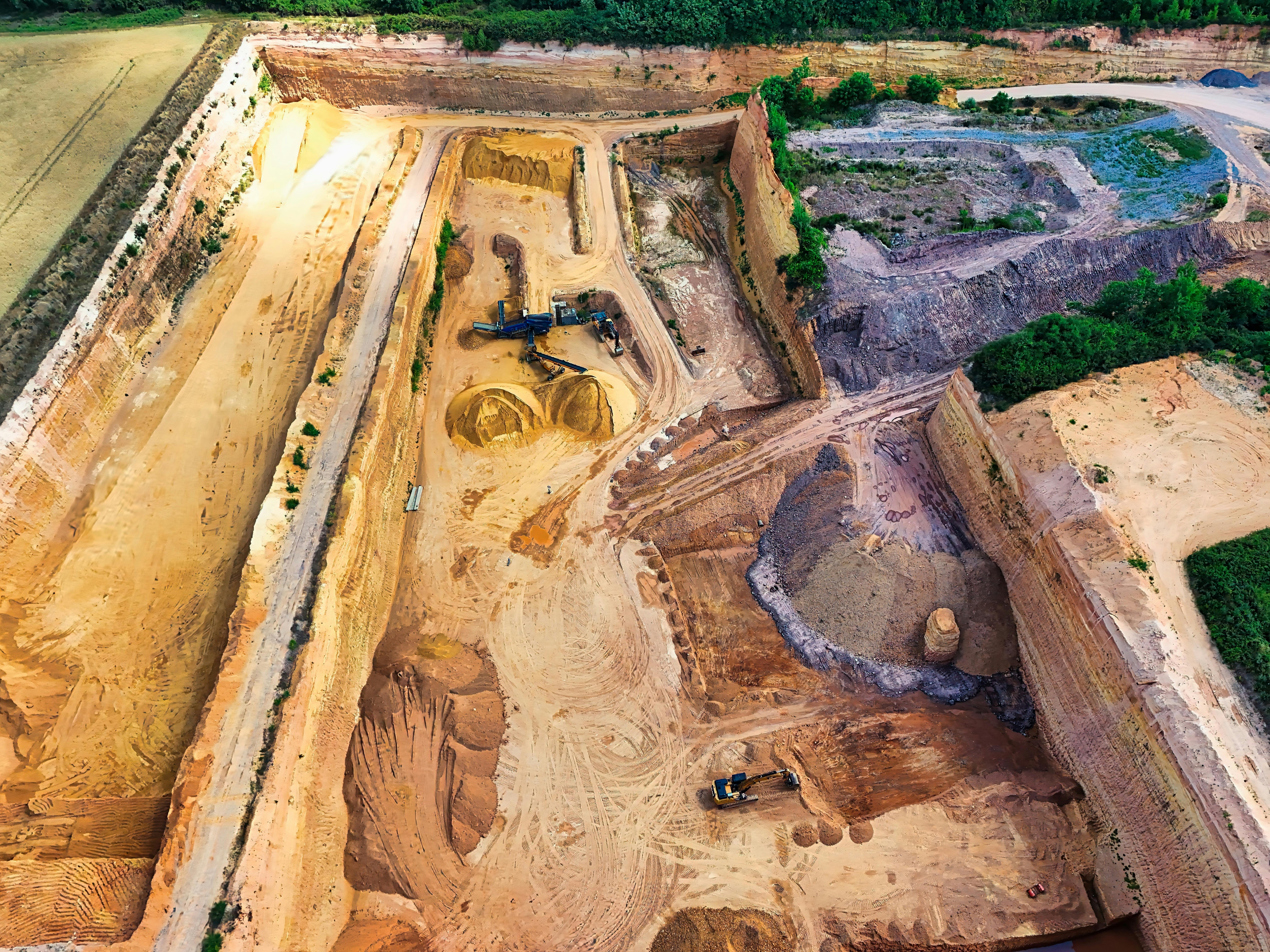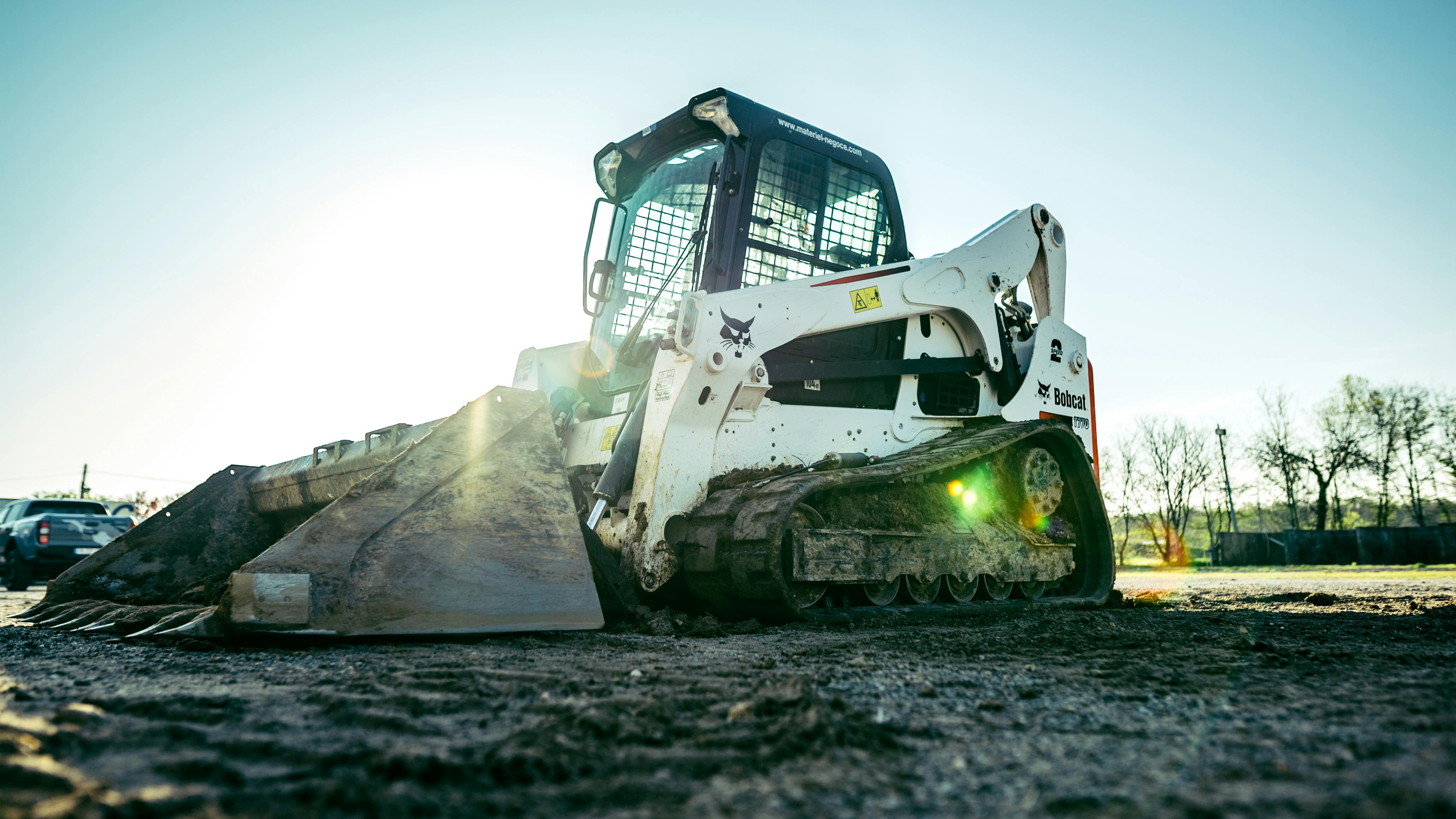Both homeowners and contractors in Georgia have a daunting dilemma when selecting excavators for local projects. A combination of clay soil and rocky terrain forces the need for specific equipment that is both flexible and financially feasible. For Atlanta’s tight residential spaces, compact models like the Kubota U27 are ideal, and North Georgia’s tough landscapes also require the power of a standard excavator. Either way, selecting the wrong option comes at a costly risk of equipment damage and site delays.
A more tailored solution that better balances Georgia’s working environment along with the details of the project is more feasible. The cost-efficiency of mini excavator rentals is becoming popular among contractors, resulting in a 22% surge in rentals over the last few years. However, the compact and standard mini excavator decision continues to baffle many people and greatly impacts fuel consumption and job site access.
Our analysis will look into both your preferred rental option and the purchase of an excavator, be it standard or compact, and look into Georgia’s soil conditions to determine the more beneficial option.
Advantages and Disadvantages of Standard and Compact Excavators
This section looks into the local conditions of Georgia and how standard models of excavators such as CAT 320 perform compared to compact excavators like Kubota U27.
Benefits of Compact Excavators
The Kubota U27 is perfectly suited for urban areas in Georgia. Its 2.7-ton frame is ideal to maneuver into tight Atlanta residential lots which is impossible for larger machines. The zero-tail swing design is useful in preventing damage to pools and landscape features. For mini excavator rental Georgia companies, these units are 30% cheaper to transport than full-size counterparts. During municipal work in Savannah’s historic districts, rubber tracks reduce damage to paved surfaces.
Drawbacks of Compact Models
The Kubota U27’s ideal performance in clay soil is countered by a maximum dig depth of 8.5-feet, which is insufficient for North Georgia’s rocky terrain. Sites around Dalton are notorious for shallow bedrock, and the 24.8 HP engine does not perform well with hydraulic breaker attachments. Rental operators claim machines in abrasive environments require excessive maintenance.
Advantages of Standard Excavators
The CAT 320 is used for commercial work such as doing highway construction in Augusta. With a 49 HP output, the machine penetrates granite bedrock in Elberton with ease to a maximum 16-foot dig depth. Counterweight systems offer additional stabilization for heavy lifts at construction sites in Smyrna. These units support larger buckets which enhances earthmoving efficiency in South Georgia’s sandy soils.
Drawbacks of Larger Units
Standard excavators have access issues in the Georgia metropolitan areas. The CAT 320 necessitates the use of lowboy trailers for transport which costs an extra $200 - $400 each trip. In Macon, the 20-ton haul can cause rutting in wet clay soil without proper matting. Compact models also outperform CAT’s in fuel efficiency, with 40% lower fuel consumption costs.
Key Factors to Consider for Georgia Projects
Excavators in Georgia have to meet certain specifications due to the distinct geography. From the mountains down to the coast, these elements are vital to ensure success.
Soil Compatibility Considerations
When working with clay soil, track wide with clamps are crucial. The best excavator for clay soil**, Kubota U27 equips with 15.7-inch pads that are well suited for The Atlanta plastic’s clays. In contrast, standard excavators work best in South Georgia’s sandy loam. Rocky areas just outside of Rome are challenging too, requiring machines equipped with hammer circuits for hydraulic attachments such as breakers.
Urban vs. Rural Job Site Needs
Access to the job site also determines which pieces of equipment are best. The gaps in The Historic District of Savannah require 74-inch wide compact units. In the Northern parts of Georgia, standard excavators with 360-degree rotation are necessary for quarry work. Projects in Columbus near the riverfront can utilize compact models equipped with swamp tracks to tackle the wet conditions.
Attachment Versatility Requirements
Some Georgia projects have specific requirements. For example, the Kubota U27 has an auger option for fence posts on Albany farms. Standard units can also handle forestry mulchers for Augusta lot clearings. Rental companies must ensure that auxiliary hydraulic flow values for grapples and other attachments are compatible.
Operating Cost Differences
Fuel efficiency differs on a project’s timeline. For compact and standard units, the figures are 1.5 gallons/hour and 3.5 gallons/hour respectively. While longer Athens construction projects may warrant the use of larger machines despite their higher costs, compact units are better suited for short-term rentals during Marietta landscaping projects.
When to Rent a Mini Excavator in Georgia
Preventing excessive costs requires an understanding of project timelines.
Residential Applications
Residential projects around two weeks are best suited for rentals. For pool installation, compact units can fulfill the job in 3 to 5 days in Johns Creek. Landscaping work in Decatur also benefits from the hourly mini excavator rental Georgia rates. Homeowners can avoid more than $3,000 in annual maintenance costs that come with owning the machinery.
Commercial Job Considerations
For commercial use cases, project phases should be carefully evaluated. For example, an Atlanta high-rise demo may require standard excavators for only the first phases. While most highway work tends to be continuous, it often justifies the purchase of equipment. A break-even point generally occurs around 8 months of stable use.
Cost Evaluation
Rental vs Purchase: In this case, use case frequency will determine spending. For contractors completing 15 or more projects a year, purchasing will be more cost efficient. Rentals tend to be 60% cheaper for less frequent users. Tax laws vary: in Georgia, rental expenses are fully deductible while owners benefit from depreciation deductions.
Kubota U27 vs Competitors: Larger Models
Optimal applications are apparent from raw data comparisons.
Performance Specifications
For Kubota U27 and CAT 320 competing: U27’s engine power of 24.8 HP pales to CAT 320’s 49 HP. CAT also outclassed Kubota in digging force, boasting 15,268 lbf versus Kubota’s 5,849 lbf. These differences determine terrain suitability of clay versus granite.
Georgia Project Match Guide
For excavator selection in Georgia:
Alpharetta users should opt for backyard renovation with Kubota.
Choose CAT for work in Chattahoochee National Forest.
Mid-tier versatility like the CAT 308 fits multifunctional developments.
Attachment Compatibility
For augers and compact rakes, the Kubota’s 14.4 gpm flow rate is sufficient. CAT 36 gpm systems drive more powerful equipment like breakers and brush cutters. Check coupler systems beforehand to avoid compatibility issues with your attachments and rental equipment.
Suggested Maintenance for the Climate in Georgia
The southern region’s climate calls for specialized equipment.
Protective Measures for Weather
Humidity-proof electrical components prevent failures. For coastal regions, connectors should be protected with dielectric grease. Machines should be stored under cover to prevent hydralic fluid contamination from rains.### Procedures for Cleaning After Use
Clay cleaning maintains the preservation of undercarriages. Pressure washing Augusta area tracks immediately after Augusta jobs is necessary before the mud sets. Check for packed debris around the sprockets every week during peak usage periods.
Practices for Maintaining Longevity
Track maintenance increases the service life of the system. Adjust the tension every month as it is necessary, especially during the hot summers of Georgia which can lead to overtightening, damaging equipment. Change track pad every 500 hours to allow the even distribution of wear.
Final Remarks
The choice of standard or compact excavators is determined by soil types and project scope in Georgia. The Kubota U27 is ideally suited to metro areas, and CAT models excel in rural areas. For contractors and homeowners in Muscogee and Harris counties and the nearby regions, Live Oak Equipment has the solution with affordable mini excavator rentals in Georgia tailored to specific needs.
Ready for your project? Come to our Waverly Hall office at 8666 GA-85 or call us at (706) 392-6149 to rent a Kubota U27 or CAT 320, or any other earthmoving equipment we have in stock. We ensure same-day service for West Georgia and East Alabama jobsites, and our experts are available to help you select the right equipment. Check our website for the complete rental fleet.





